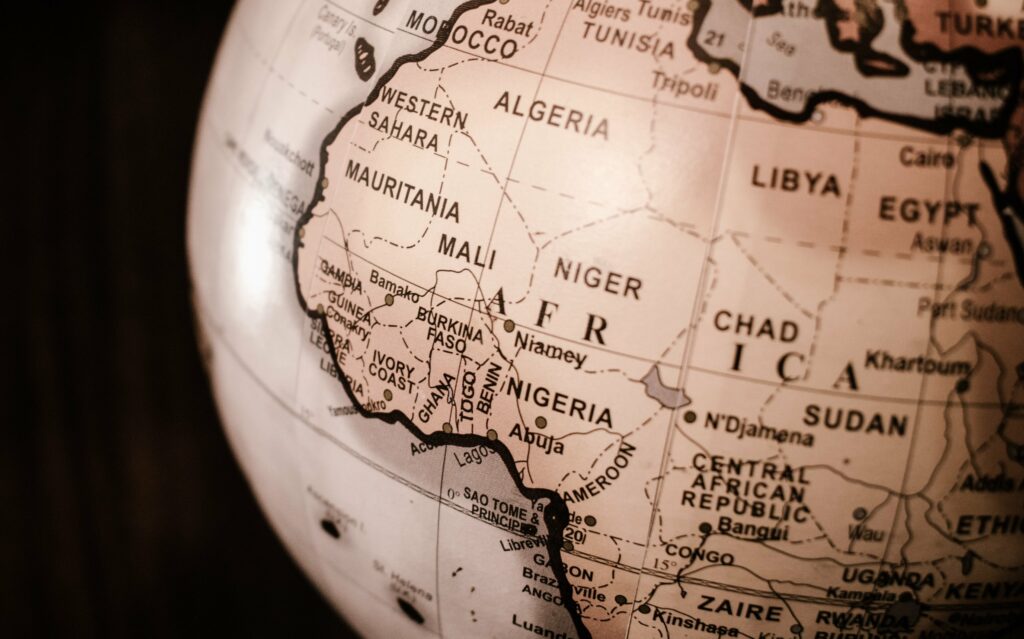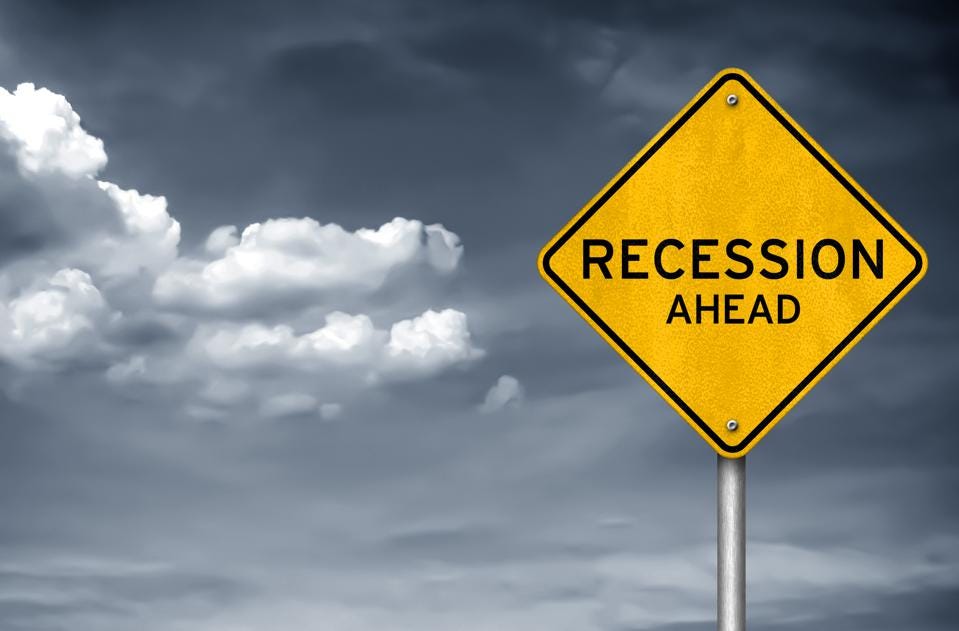In a pivotal moment for Africa’s growth, South African President Cyril Ramaphosa has arrived in Kazan, Russia, with a compelling message: it’s time for BRICS nations to step up and invest in Africa’s industrialization. Speaking ahead of the upcoming BRICS Summit, Ramaphosa underscored the urgent need for collaboration, particularly in the realm of infrastructure development and support for small businesses.
The Push for Infrastructure Investment
During his address, Ramaphosa emphasized that the foundation of Africa’s industrialization lies in substantial investments in infrastructure. This aligns perfectly with the goals of the African Continental Free Trade Area (ACFTA), which he hailed as a crucial catalyst for trade, investment, and industrial growth across the continent.
“The success of ACFTA requires a substantial investment in infrastructure,” Ramaphosa stated, highlighting the transformative potential of this trade agreement, which covers most of Africa. Established in 2018, the ACFTA is a monumental initiative with 43 member states and 11 additional signatories, making it the largest free trade area by both member count and geographic size, serving a population of approximately 1.3 billion people.
Unlocking Africa’s Potential
Ramaphosa invited BRICS countries to partner with African nations in developing essential infrastructure. This includes roads, ports, railways, energy systems, and telecommunications networks—all vital for enabling the continent to industrialize and expand its footprint in global trade.
Africa is brimming with opportunities for growth, but Ramaphosa pointed out that unlocking this potential requires strategic investments. “Africa offers immense potential for growth, but this potential can only be realized through strategic investment,” he asserted.
Fostering Small Businesses and Women Entrepreneurs
Beyond infrastructure, Ramaphosa also stressed the importance of supporting small businesses, especially those owned by women. He noted, “Africa is home to a population that is young, digitally connected, and increasingly urbanized. Investment in skills development is growing.”
The focus on small businesses aligns with a broader trend of recognizing the critical role that entrepreneurship plays in economic development. By fostering a supportive environment for small and women-owned enterprises, BRICS nations can help create a more inclusive economy that benefits everyone.
The Role of the BRICS Business Forum
Ramaphosa also praised the BRICS Business Forum for its efforts to diversify trade and investment. He highlighted the group's significant potential to influence the global economy, especially in light of BRICS’ recent expansion. With the inclusion of nations representing 43% of the world’s population, the group now commands a substantial share of global GDP and trade.
“The historic expansion of BRICS creates further opportunities to foster robust trade and development cooperation,” Ramaphosa remarked, noting that BRICS now accounts for 27% of global GDP and one-fifth of world exports.
A New Era of Economic Cooperation
As the world shifts towards new economic paradigms, Ramaphosa’s vision for Africa is one of collaboration and partnership. He concluded his remarks with a strong assertion: “South Africa is ready to play its part in realizing the economic potential of BRICS.”
Founded in 2006, BRICS includes Brazil, India, China, and South Africa, along with newer members like Egypt, Iran, the United Arab Emirates, and Ethiopia. With over 30 additional nations, including NATO member Türkiye, expressing interest in joining, the organization’s influence continues to grow.
Looking Ahead: The 16th BRICS Summit
The upcoming 16th BRICS Summit in Kazan, Russia, from October 22 to 24, promises to be a significant platform for discussing these vital issues. Russian President Vladimir Putin is set to hold talks with Ramaphosa and Egyptian President Abdel Fattah El-Sisi, furthering the conversation on collaboration and investment in Africa.
In conclusion, as Ramaphosa calls for BRICS nations to invest in Africa's industrialization, it’s clear that the future holds immense potential. By working together, these countries can not only drive Africa’s growth but also reshape the global economic landscape in the process. The time for action is now—let’s harness the power of collaboration to unlock Africa’s true potential.
I'm reaching out to ask for help in raising funds to purchase a modest, dependable used car. Having a vehicle would not only restore my independence but also allow me to engage more actively in my community and maintain essential aspects of daily living.
Help Chris Regain Independence with a Reliable Vehicle at GoGetFunding



